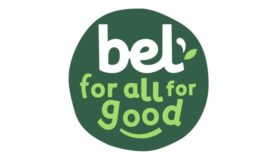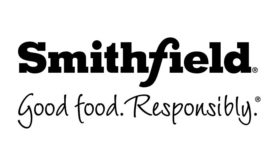Home » Keywords: » environmental initiatives
Items Tagged with 'environmental initiatives'
ARTICLES
United Natural Foods' Energy-Focused Initiatives Aimed at Infrastructure Modernization, Cost Savings
UNFI installed its largest solar array investment to date at its Howell, New Jersey distribution center.
April 20, 2023
Study: Buying less is better than buying green
Study participants who reported having fewer materialistic values were more likely to engage in reduced consumption.
November 7, 2019
Study: Companies place greater emphasis on labor, human rights issues
Labor and human rights was the highest-scoring theme out the four assessment areas.
November 5, 2019
Survey reveals sustainability is driving demand, customer loyalty
Despite price still being a big factor in purchasing decisions, consumers are putting an emphasis on sustainability, and are also increasingly focused on shopping with brands whose mission they care about.
November 1, 2019
Study reveals supermarkets lead the way in eliminating super-pollutant HFCs
EIA analysis found ALDI U.S., Whole Foods, Target, Sprouts and Ahold Delhaize USA as companies taking significant steps to reduce HFCs and increase energy efficiency in refrigeration.
October 2, 2019
The Wonderful Co. owners pledge $750M to Caltech to support environmental sustainability research
This commitment will support Caltech's investigators, as they pursue research in solar science, climate science, energy, biofuels, decomposable plastics, water and environmental resources and ecology and biosphere engineering.
October 1, 2019
Study: Environmental sustainability, food waste remain top of mind for consumers
54% of consumers say it’s at least somewhat important that the products they buy be produced in an environmentally sustainable way.
September 18, 2019
Elevate your expertise in refrigerated and frozen foods with unparalleled insights and connections.
Get the latest industry updates tailored your way.
JOIN TODAY!Copyright ©2024. All Rights Reserved BNP Media.
Design, CMS, Hosting & Web Development :: ePublishing





